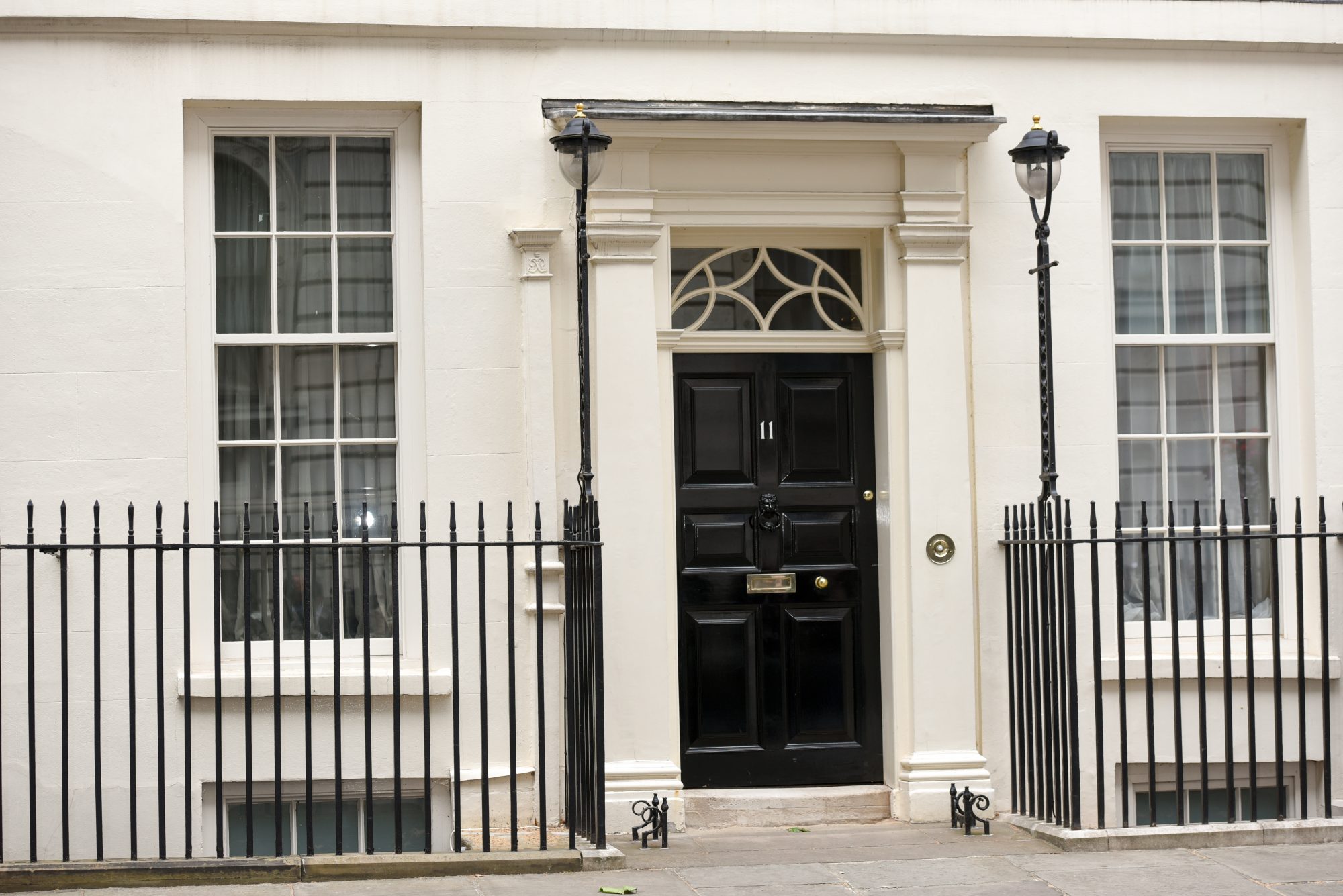How on earth do you deliver an economy boosting budget when there’s no spare cash for headline grabbing giveaways, you have double digit inflation, you may or may not be heading into a recession, there’s war in Europe and the country is still struggling to recover from the impact of Brexit and the Covid pandemic? That was the uphill challenge facing Chancellor, Jeremy Hunt, when he stood up on 15th March to deliver his Spring Budget.
The answer, we now know, was to perform keyhole surgery on the economy with a series of carefully planned ‘speculate to accumulate’ measures, each carrying little upfront cost and any longer term cost impact being offset by the potential gains. This budget was designed to free up key areas of the economy by removing potential obstacles and encouraging more of us into work and to continue working longer.
A budget of savings, investment and incentives
In the same way that the chancellor was setting out measures that would come to fruition in the mid-term, he was also promoting saving and investing in the future both personally and commercially. Despite pushing ahead with a planned rise in Corporation Tax, he has offered some concessions for businesses looking to invest and in particular sectors there are likely to be some highly attractive reliefs, incentives and tax breaks coming, to encourage growth and investment – life sciences, technology and health to name a few.
For the individual, there was little announced that will put extra money in the pocket of most workers. A three month extension to the energy price guarantee, an expansion of free child care to cover all children from 9 months to school age, and abolition of the lifetime allowance on pension contributions will help ease pressure and incentivise more parents into work and keep older workers productive longer and saving more.
No fanfare of fireworks – thankfully
Given how little he had to work with, it might be said he has achieved a lot and been very careful to ensure his measures are highly targeted. Nobody will be waking up the morning after with a spring in their step or necessarily feeling better off as a result of the budget and many of his plans will take months or even years to have a tangible impact . But following the debacle of September 2022 – most will be pleased at the understated nature of Mr Hunt’s budget.
It’s of little surprise that this budget did not contain a raft of giveaways, not least of all for the reasons covered above in terms of the external influence imposed on the Chancellor. There will also have been a degree of preparation in his thinking for the same event in 2024 when we are likely to be heading into an election. Those budgets tend to be slightly more blatant and he will have wanted to keep something in reserve so he can offer voters a sweetener or incentive just before they head to the polls. He will also be hoping that some of the measures announced on this occasion have started to bear fruit.
Overview of the key measures announced in the 2023 Budget
- Most tax rates and allowances were announced in advance at the Autumn Statement, so the Budget focused more on spending than on tax
Personal tax
- The main personal tax-free allowance and the 40% tax rate threshold remain frozen at their 2022/23 levels until the end of 2027/28, representing a tax rise where income increases
- The 45% threshold is lowered from £150,000 to £125,140 for 2023/24
- Tax-free dividend allowance falls from £2,000 to £1,000, and CGT annual exempt amount falls from £12,300 to £6,000, for 2023/24
- Pension savings thresholds significantly increased: from 6 April 2023, Annual Allowance rises from £40,000 to £60,000 (with related changes to tapering and Lifetime Allowance Charge is abolished; maximum tax-free lump sum remains 25% of former Lifetime Allowance, i.e. £268,275
- ISA investment limit remains £20,000
- Increase in limit for shares that can be granted under Company Share Ownership Plans confirmed at £60,000
- Small Enterprise Investment Scheme limits increased from 6 April 2023 – maximum for investor is doubled to £200,000
- IHT thresholds and rates unchanged to the end of 2027/28
Business tax
- Confirmation of corporation tax rate increase from 19% to 25% from 1 April 2023 for profits over £250,000
- ‘Super-deduction’ for plant and machinery bought up to 31 March 2023 replaced by 100% first-year allowance for qualifying capital expenditure, without upper limit, for three years from 1 April 2023
- Improvements to Research & Development tax reliefs from 1 April 2023
- Reforms to audio-visual tax reliefs from 1 April 2024
- Announcement of 12 ‘Investment Zones’ to be established throughout UK with incentives for investment and employment
Other measures
- Energy Price Guarantee retained at £2,500 for average household for another 3 months to 1 July 2023
- Significant expansion of free childcare provision to be phased in from April 2024
- Fuel duty frozen, and temporary 5p reduction retained, for another year
- Introduction of ‘Returnerships’ – similar to apprenticeships – to encourage over-50s back into work
Free Budget Guide
You can download our free budget guide below:
